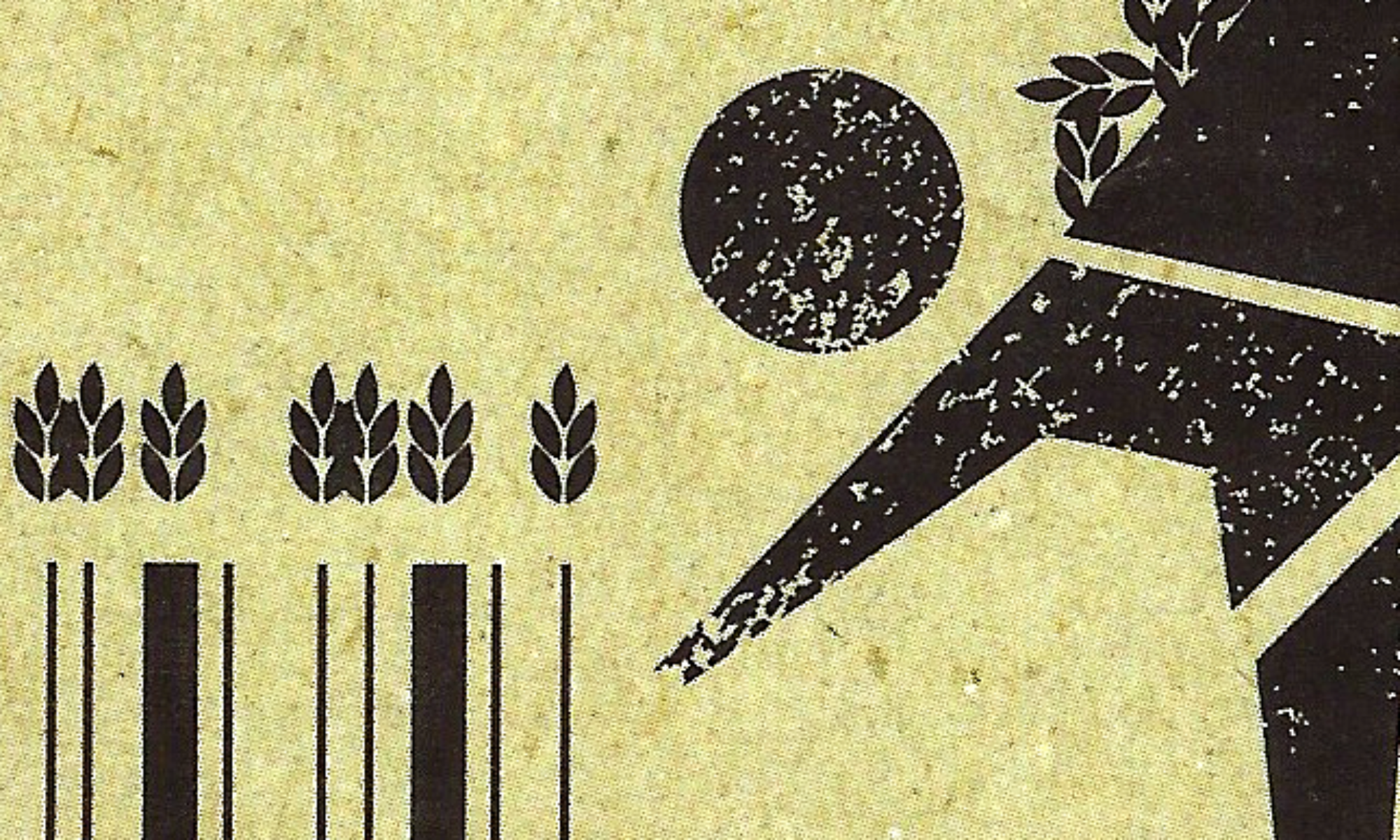I see Norm Geras has posted the Daily Telegraph’s latest invective against Robert Mugabe. Despite strong opinions to the contrary by those members of the World Food Programme who are able to get into the field, the Zimbabwean government has claimed that it has enough food to feed its people, and won’t be needing anyone else’s thank you very much.
Of course, the man and his regime are nasty and vicious (Mugabe, that is, not Norm). Mugabe has set upon “his people” before, too. The Matabeleland killings in the 1980s were a heady mixture of civil war, jackbooted party politics, and ethnic cleansing. But there’s more to Zimbabwe’s go-it-alone announcement than common-or-garden callousness, and there are two things about Mugabe’s current policy that interest me:
1. In the announcement lies something of an admission that there’s enough food in the country to feed everyone. This is consonant with what we know about post-WWII famines; the food is usually in the country where folk are starving, but the poor lack the means to buy it. So they starve. Beating famine is a matter of beating the market into submission. To put it bluntly, for famine to be avoided, Mugabe needs to socialise food. This would be splendid. But given the vastly inequitable and unjust way that he’s gone about tending to land, we can already see that the famine is going to be a mechanism for consolidating his junta. It’s hardly an improvement that, instead of a few food speculators, the fate of hungry Zimbabweans lies in the hands of Mugabe’s politburo.
2. The aid agencies and Mugabe disagree about hunger. I recall last year that aid agencies had, quietly, to climb down from their proclamations of imminent disaster in Africa. This is not to say that chronic hunger does not exist in Southern Africa, or to suggest that it deserves less than the pitiful level of attention it currently receives. It is, however, to ask a question or two about the claims that international aid agencies have to make in order for them to be taken seriously. Crying wolf about imminent hunger disasters comes at the cost of decrying chronic, but not acute, hunger. And the aid agencies that do it make it harder for those who would rather fight chronic hunger through politics than the acute hunger through aid trucks. Worse yet, free food messes with domestic farming economies, crushing the local farmers who have managed to make it through the famine, and setting up structures so that imported food can continue to supplant locally produced food after the worst excesses of shortage are past. If it weren’t for the lousy ZANU-PF track record, I’d be almost pleased about all this.
